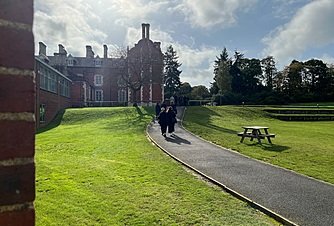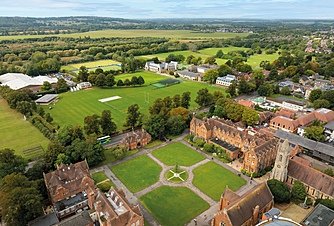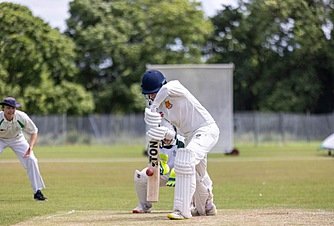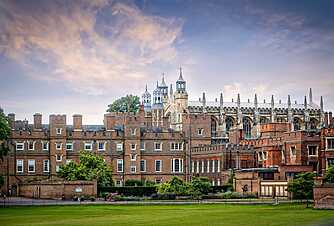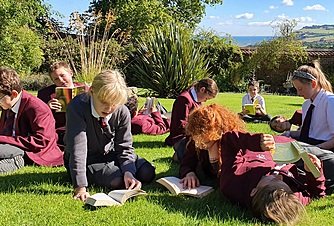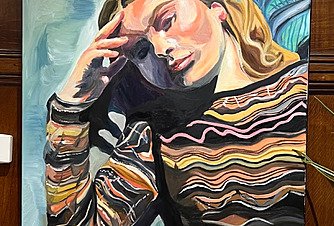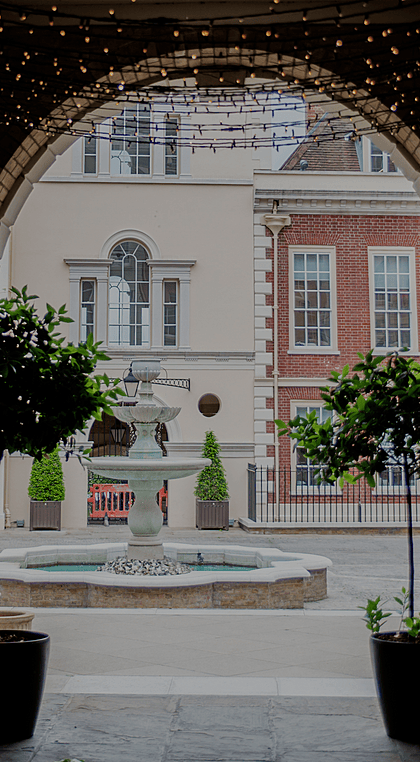
The Insider, our magazine about British boarding schools

Welcome to The Insider!
Many moons ago, we began sharing our impressions of British boarding schools, and the response was incredible. As our readership grew, so did the idea: to launch The Insider, our own Online-Magazine. Here you’ll find articles, opinion pieces, podcasts and our glossary of the most important boarding school terms. All designed to give you a deeper understanding of boarding school life and what makes each school unique.
Happy reading and listening!
Our Article Series - an Overview
We’ve created a range of recurring editorial features exploring different aspects of boarding school life that you might enjoy.
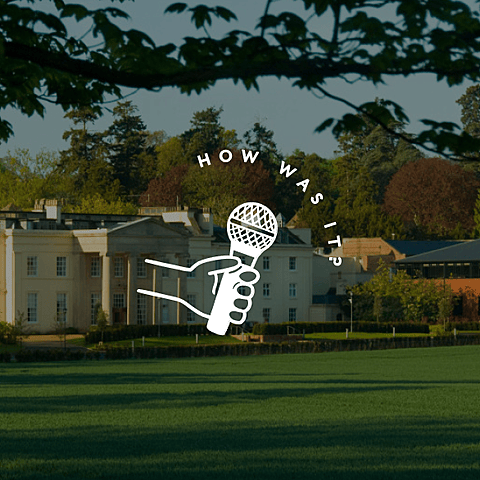
How Was It?
“How Was It?” is our interview series with pupils fresh home from their boarding school stay – candid, unfiltered, and covering the good, the bad, and sometimes the ugly.

English Boarding Schools in Profile
"English Boarding Schools in Profile” offers in-depth accounts of our visits to renowned UK schools – exploring every detail that might matter to you.

vBE's Top 3 & Top 5
In our ‘vbE’s Top 3 & Top 5,’ we highlight our current favourite schools for specific activities, talents, or academic strengths – a quick guide to the very best in each field.
Our Podcasts - An Overview
Our two podcasts bring British boarding schools to life from every angle. From the Horse’s Mouth gives you fresh, unfiltered insights from pupils themselves, while Tea with the Head offers a 360° school profile through conversations with heads, teachers, and students. Happy listening!
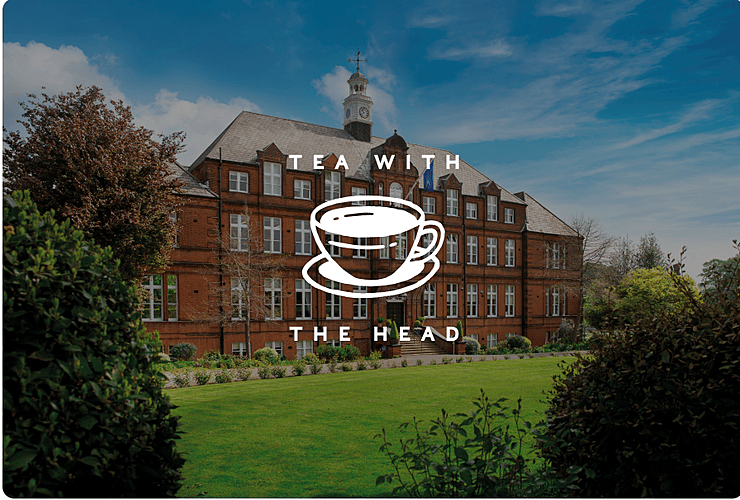
Tea with the Head
'Tea with the Head' is our 360 Degree audio introduction to different boarding schools. In addition to conversations with headmasters, we speak with teachers, students, and the school’s department heads. A true audio profile of the school!
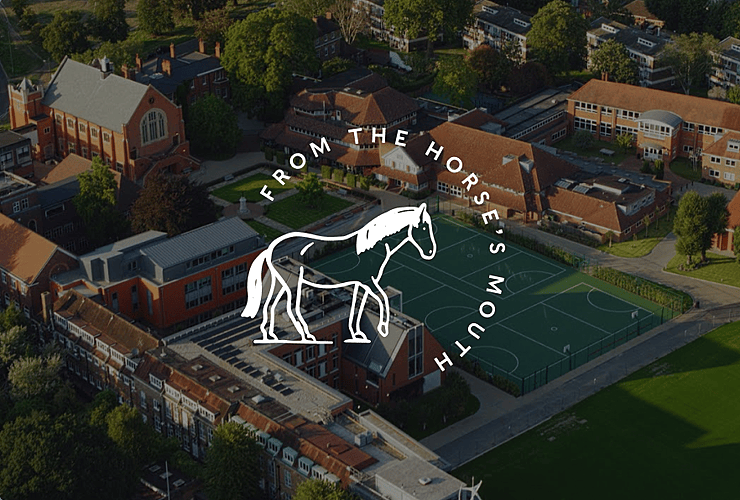
From the Horse's Mouth
In our podcast series 'From the Horse's Mouth', we talk to pupils who are currently enrolled at British boarding schools about their experiences there – the good as well as the bad. Fresh, honest, and unfiltered. Straight from the horse’s mouth!
Our Glossary
From A-Level to Weather Talk
Our Glossary
From A-Level to Weather Talk
What's an exeat? Is a Sunday roast something to be considered? And should I be a prefect? The world of British boarding schools comes with its very own language.
We've put together the most commonly used words and terms for you. We hope that they'll come in useful for both preparation and stay.
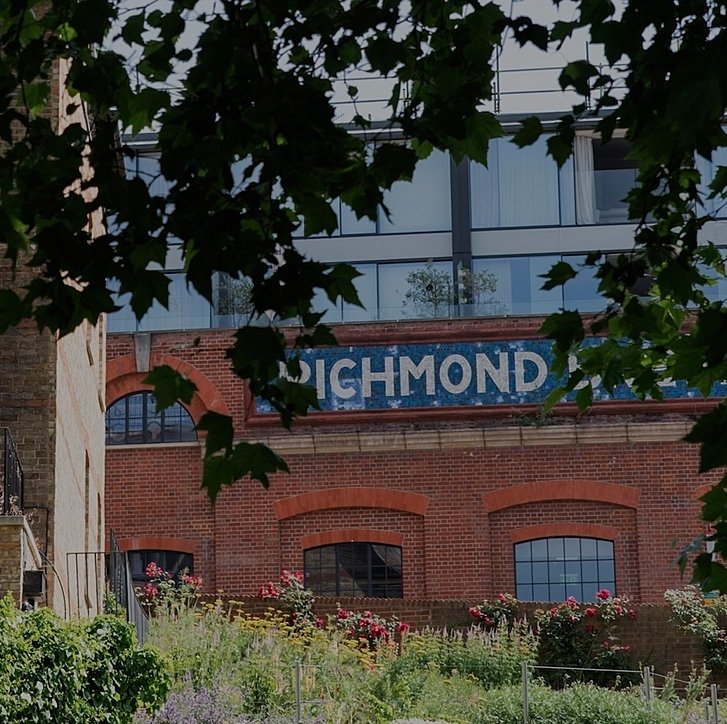
Questions? Talk to our consultants.
Do reach out any time. Our consultants are looking forward to talking to you.
